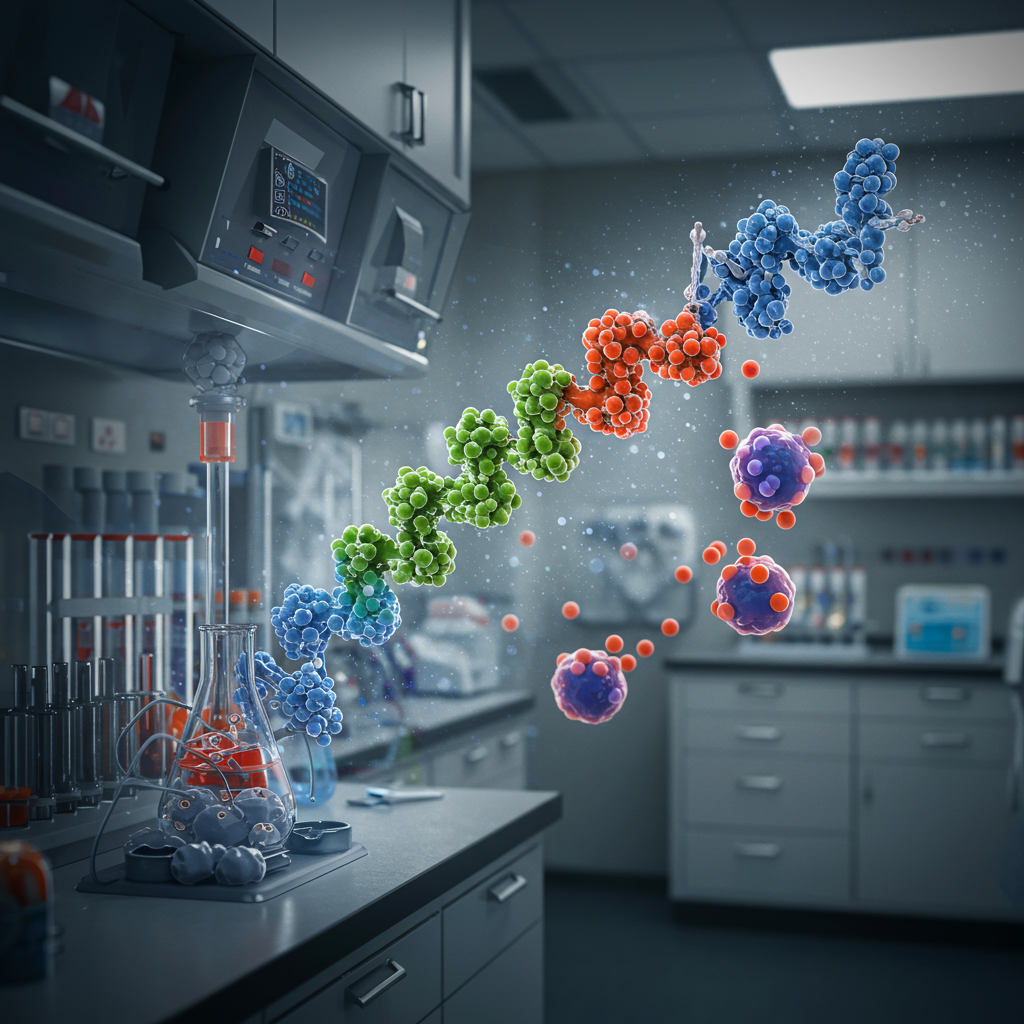A cancer diagnosis and its subsequent treatment can take a significant toll on mental health, with studies indicating that as many as one in four people with cancer experience depression. While many patients explore various avenues for relief, including increasingly popular options like medical cannabis, new research points to another substance showing distinct potential: psilocybin, the active compound found in “magic mushrooms.”
A recent study published in Cancer, a medical journal from the American Cancer Society, offers encouraging insights. The research found that a single dose of psilocybin, administered with psychological support, led to a significant reduction in depression symptoms for over half of the patients with cancer who participated in the small trial. Most of these patients reported sustained relief from their symptoms.
Beyond depression, the study also noted potential benefits for anxiety, with nearly half of the participants experiencing a significant reduction in anxiety symptoms that were also largely sustained. While this was a small study involving just 28 patients, the findings suggest that psilocybin-assisted therapy could offer a potentially “paradigm-changing alternative” to traditional antidepressants for this patient population, according to the study authors. The lead author, Dr. Manish Agrawal, expressed optimism that if larger, randomized trials confirm these results, it could lead to greater use of psilocybin in cancer care.
Why Psilocybin May Offer a Unique Approach
The challenges of a cancer diagnosis and treatment can lead to profound emotional distress and even trauma. While traditional antidepressants have shown limited significant effect compared to placebo in reducing depression in cancer patients, the early evidence suggests psychedelics like psilocybin may offer a different kind of relief.
Research, including a meta-analysis of studies on psychedelics in patients with life-threatening diseases, highlights their potential to significantly ease both depression and anxiety symptoms. One trial specifically with cancer patients found a single high-dose psilocybin session resulted in clinical remission for depression in 60% and anxiety in 52% of participants, with effects lasting six months. Experts hypothesize that psychedelic therapy, combined with psychological support, may help patients process difficult emotions, trauma related to their illness, and complex feelings, leading to acceptance, reduced isolation, and profound emotional shifts that daily medications might not address.
The Complexities of Cannabis Use in Cancer Care
In contrast to the emerging research on psilocybin specifically for cancer-related mood disorders, many cancer patients are already turning to cannabis and cannabinoid products. Estimates suggest between 20% and 40% of cancer patients use cannabis, often referred to as medical marijuana, to manage a range of symptoms including pain, nausea, insomnia, and anxiety. This mirrors the broader trend of increasing legalization and availability across the United States, where nearly three-quarters of Americans now live in states with legal medical or recreational cannabis.
Patients often report seeking cannabis for anxiety and stress relief, viewing it as a potentially more “natural” option or preferring it over traditional pharmaceuticals like opioids or NSAIDs for certain symptoms. However, the science on cannabis for cancer symptom management, particularly concerning mental health, has not kept pace with its widespread use.
The effects of cannabis, especially those containing THC (tetrahydrocannabinol), on anxiety are particularly complex. While some individuals report relief from low doses, higher doses or chronic use can paradoxically increase anxiety, potentially leading to panic attacks, especially in those prone to anxiety. Studies also link chronic heavy cannabis use, particularly beginning in adolescence, to higher rates of various psychiatric disorders later in life, including anxiety and depression. High-potency cannabis use has also been associated with an increased risk of psychosis in susceptible individuals.
Furthermore, using cannabis products, particularly edibles with their delayed onset and variable potency, carries risks like accidental overdose (symptoms can include severe paranoia, hallucinations, and panic), dependence, and potential interactions with other medications or cancer treatments, such as immunotherapy. Despite these potential downsides and the lack of robust evidence for many uses, patients often believe the benefits outweigh the risks.
The Crucial Need for Open Communication
The reality is that cancer patients are using substances like cannabis, and increasingly interested in others like psilocybin, to cope with the immense physical and emotional burden of their disease. However, providers often feel ill-equipped to discuss cannabis use, and importantly, many patients do not report their cannabis use to their oncologists.
Given the potential for drug interactions, effects on the immune system, and other safety concerns, experts emphasize that it is absolutely vital for patients to have open and honest conversations with their healthcare team about any substances they are using or considering, including cannabis and potentially psilocybin if it becomes a therapeutic option. Self-treating, especially with substances like cannabis where effects on mental health can be unpredictable and doses in unregulated products vary widely, can pose significant risks.
Looking Ahead
The new study on psilocybin for cancer-related depression represents an exciting step forward in exploring novel treatments for the significant mental health challenges faced by cancer patients. While psilocybin and high-THC cannabis remain classified federally as Schedule I substances, hindering research and medical access, the momentum for exploring their therapeutic potential is growing.
As research continues, particularly with larger, controlled trials for psilocybin in cancer populations, the medical community will gain a clearer understanding of the safe and effective role these substances might play. For now, while patients seek relief through various means, the most critical step remains informed discussion with their medical team to ensure safe and integrated care.




